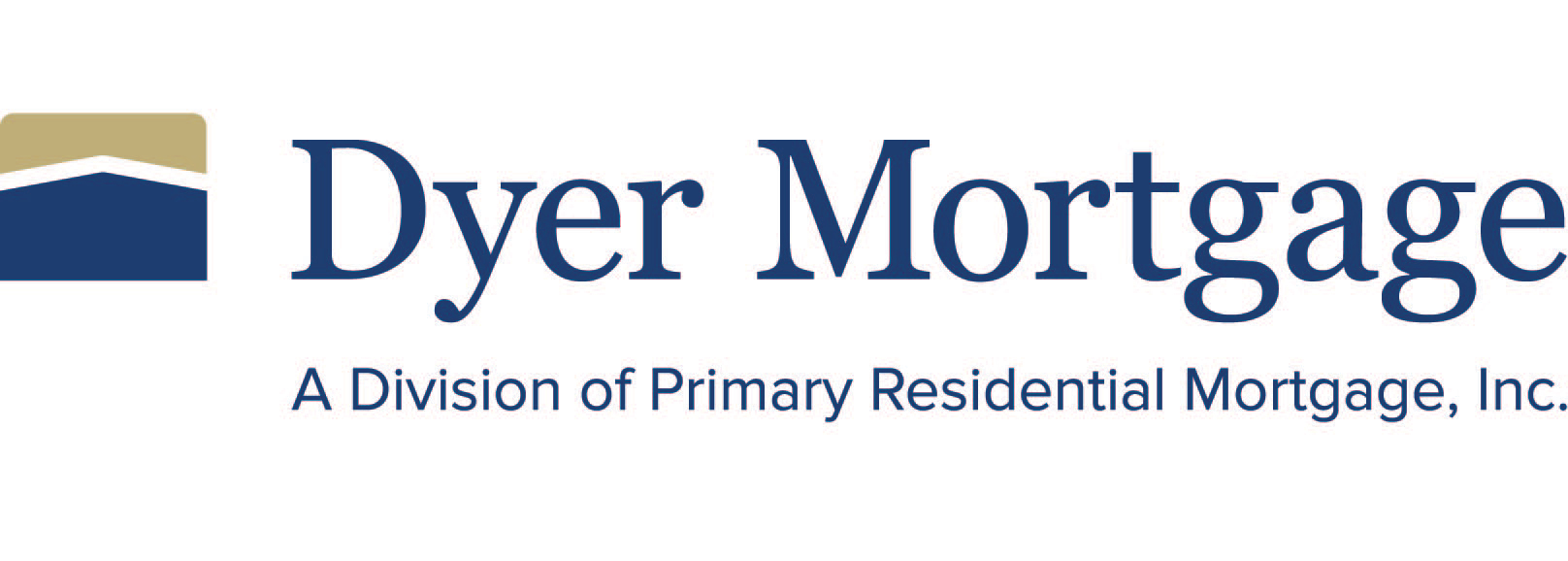Avoiding complications from a divorce when home buying
I’m not an attorney and I don’t give legal advice. But I’ve closed over 10,000 loans and have seen hundreds of clients incur problems buying a home after a divorce.
Divorces are difficult enough without adding additional stress as a result of misunderstandings or vague terms that negatively affect all parties for years.
There are many reasons this happens, but often these issues are 100 percent avoidable if the marital settlement agreement includes specific language regarding distribution of debts, real estate, alimony, and property distribution.
When applying for a loan lenders will review what debts you are now responsible to pay, if your credit report has late payments, how long alimony/child support will last and the division of assets and liabilities. Here are some tips to discuss when meeting with your attorney:
- When joint debts (such as credit cards) are divided it should specifically list the creditor name and account number. For example instead of just stating “VISA credit card” list the actual bank, account number and balance.
- If child support and/or alimony are awarded to an ex-spouse these payments typically require proof of receipt for six months before it can be considered as “income” for loan approval. It must also continue at least three years from the closing date that a new loan is obtained. If you plan on buying a home and need this income to qualify it’s better to receive less per month but for a longer period of time. For example instead of alimony being $5,000 per month for two years structure these payments to be $2,500/month for four years. In this case the $2,500 received per month can be used to qualify for a new loan.
- Property distribution payments are not considered as qualifying income for a home loan, regardless of long the payments will be received.
- Both spouses will have their future credit report negatively affected by any late payments on open joint accounts incurred during the marriage. Even if the settlement agreement orders one spouse to pay a debt the creditor will report all late payments to both parties credit report. This can have a long-lasting effect on your ability to obtain credit, rent or purchase a home, and obtain security clearance. A best practice is to be removed from liability on all joint accounts; this will prevent your credit from being damaged if late payments are made by the ex-spouse. It can also stop future unauthorized charges in your name after the divorce is finalized. Regardless of the settlement agreement the creditor can come after both parties for payment. This can lead to costly litigation to hold the ex-spouse responsible for payment, however the damage to your credit report will last for 7 years.
- If any real estate is encumbered by a mortgage the best practice is to require the spouse retaining ownership to refinance the loan into just their name. By refinancing the loan out of name your liability ends; the debt and payment are no longer your responsibility. I recommend that all loans be refinanced within 6 months of the divorce decree; at this time a quit claim deed can be done simultaneously with the loan refinance.
- Once the property is solely in your name you may need to refile for the homestead exemption; check with your local property appraiser’s office for guidance.
The best practice when it comes to a divorce is to have a clearly written agreement that addresses all financial matters.
An experienced attorney can guide you and make sure your interests are protected. They will reach out and consult with finance or accounting professionals if further clarification is needed or to structure an agreement that addresses all issues. Once finalized both parties can move on, avoid future litigation and stay out of the courtroom!
Bobbie Dyer, Division President
NMLS # 498952
Check out this article on Florida Today’s website here.
